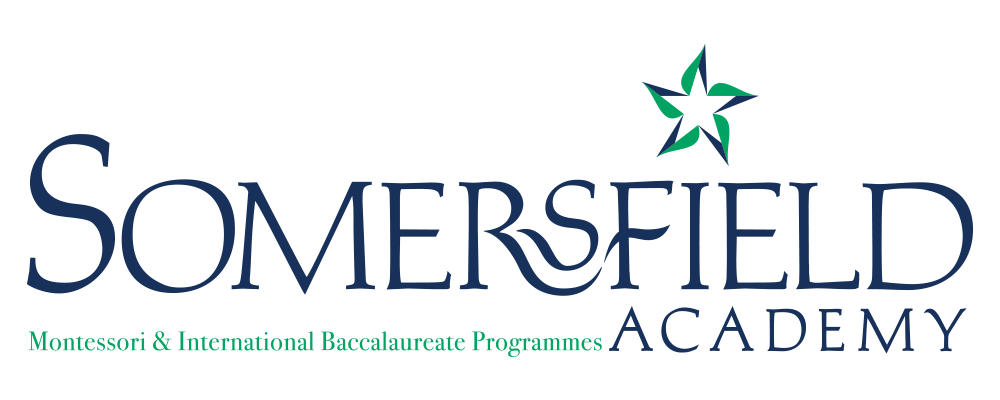Decoding Key Concepts for Holistic Learning in Montessori
Montessori was one of the first educational theories to spring from direct, ongoing scientific observation of children. As a pioneer, Dr. Montessori did not have a ready-made vocabulary with which to describe the behaviours she observed and the development stages to which they pointed, therefore she devised her own terminology. Here are some key terms defined by Maren Schmidt M. Ed.
Absorbent Mind: Dr. Montessori used the term absorbent mind to express a concept of education being a “natural process which develops spontaneously in the human being.” The absorbent mind is a “special psychic force at work, helping the little child to develop.” This natural power that children possess helps them to absorb and learn from the world around them.
Normalisation: The natural or normal state for a human being is characterized by four attributes:
1. A love of work or activity
2. Concentration on an activity
3. Self-discipline
4. Sociability or joyful work
The understanding of normalisation doesn’t require a leap of faith when you consider those moments you feel most alive and more “you” than any other time. When we do what we love and love doing it because we have the skill and self-discipline to do the activity well, those are the blissful moments of being human… In a Montessori school we are trying to help the child attain a natural or normal developmental process, which is referred to as normalisation…
Sensitive Periods: Before the age of six, human beings are in a unique period of learning and development. During this time the child can absorb certain information without conscious effort. Young children learn to walk, talk, and do hundreds of things without formal instruction or being aware of learning. Montessori described these stages as sensitive periods of development, using a term from biologists. There are five basic sensitive periods of development from birth to age six: language, order, refinement of the senses, movement, and social relations. In the older child, these unique learning periods are called psychological characteristics.
Work: Purposeful activity is called work. Montessori observed that children learn by engaging in purposeful activity of their own choosing. When children can choose what they do, they do not differentiate between work and play.
Work Cycle: A basic work cycle begins with choosing an activity, doing that activity, returning the activity to order, and then experiencing a sense of satisfaction. That defines one unit or cycle of work. This sense of satisfaction, which may last a few seconds to a few minutes, helps motivate the child (and adult) to choose the next activity, thus creating another cycle of work. The development of a work cycle is an important component in the idea of normalisation for the child.
The Three–Period Lesson: The three-period lesson was developed by Edouard Seguin, a French physician who worked with special needs children in the late 19th century. He discovered ways to increase children’s cognitive abilities and believed in the importance of developing their self-reliance and independence. Seguin’s writings were a major inspiration to Dr. Montessori and the source of many of her practical ideas. In simple terms, the three steps, or periods, are:
1. Naming (Introduction) “This is a dog.”
2. Recognizing (Identification) “Show me the dog.”
3. Remembering (Cognition) “What is this?”
The purpose of the three-period lesson is to help the child to better understand ideas and concepts being taught and to allow the teachers to see how well the child is grasping and absorbing what they have been shown.
In essence, Montessori vocabulary serves as a compass guiding educators, parents, and learners alike on the journey towards holistic development. By embracing these terms and the principles they embody, we honour Dr. Montessori's legacy and nurture environments conducive to the flourishing of every child's potential.

